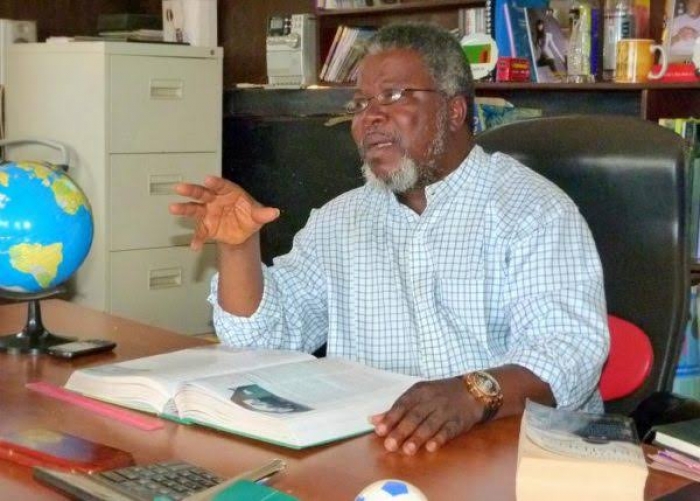June 04, 2025
Banks begin deducting USSD transaction fees from mobile airtime following NCC directive
by Super User
Nigerian banks have officially commenced deducting charges for Unstructured Supplementary Service Data (USSD) banking transactions…
June 02, 2025
Afenifere blasts Tinubu: ‘Midterm report shows woeful failure, economic deforms, and rising despair’
in POLITICS
by Super User
The pan-Yoruba socio-political organization, Afenifere, has issued a scathing midterm assessment of President Bola Tinubu’s…
June 04, 2025
The best leaders are spacious leaders. Here’s what that means
in FEATURES
by Super User
Tracy Brower It can be tough out there for leaders. It’s challenging to drive results,…
May 31, 2025
Tools made of whale bones reveal inventiveness of prehistoric people
in Strangely
by Super User
Artifacts found at archeological sites in France and Spain along the Bay of Biscay shoreline…
June 04, 2025
New terrorist group, Mahmuda kills 3, seizes control of Kwara, Niger communities
in Crime
by Super User
Members of the New terrorist group “Mahmuda” reportedly took advantage of the loopholes created by…
June 04, 2025
Here’s the latest as Israel-Hamas war enters Day 607
in WARS
by Super User
Israeli military unleashes strikes on Syria after projectile launches The Israeli military said in a…
June 02, 2025
Opportunities and challenges unveiled: How AI revolutionizes education and mental health support
Terence Ma Tin Shu Play time helps both kids and adults in prevention and healing…
May 13, 2025
Nigeria's Flying Eagles qualify for World Cup after dramatic win over Senegal
in Sport
by Super User
Nigeria's U-20 national football team, the Flying Eagles, have secured their place at the 2025…


































































